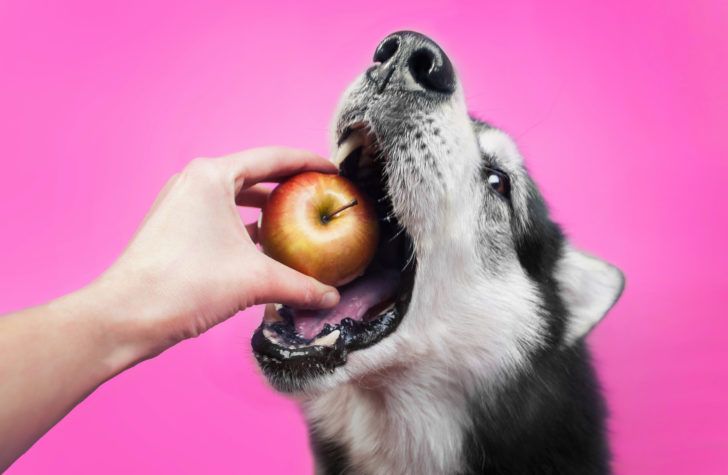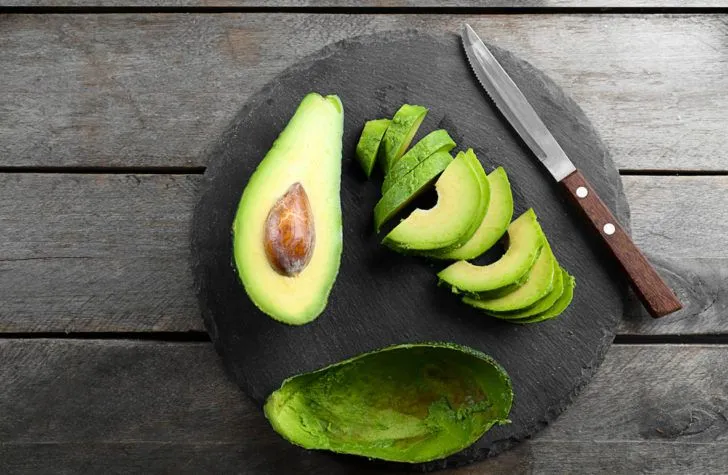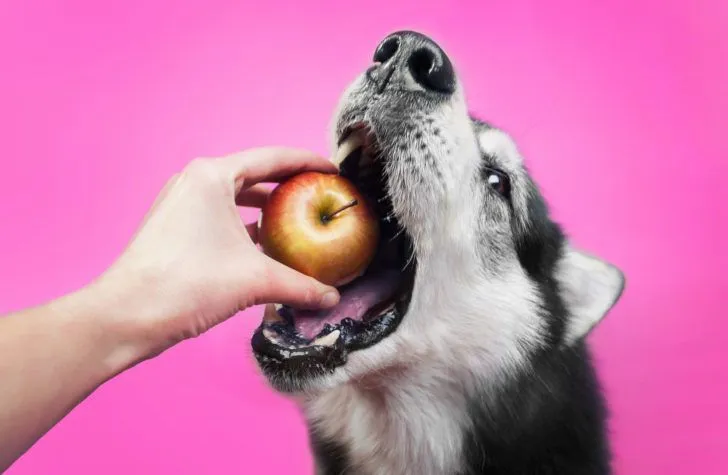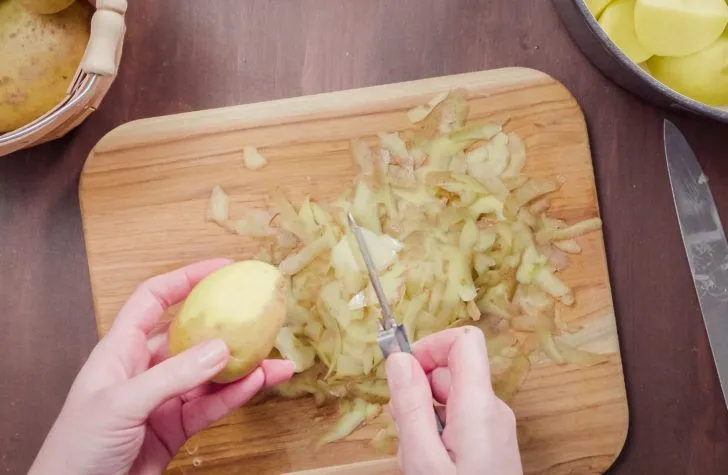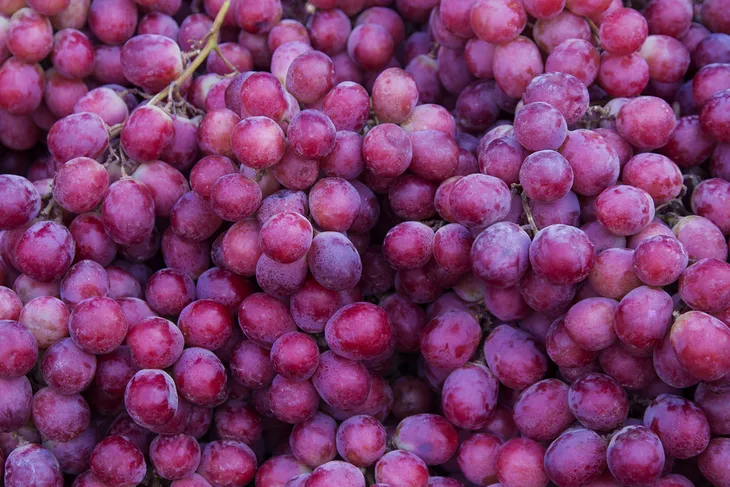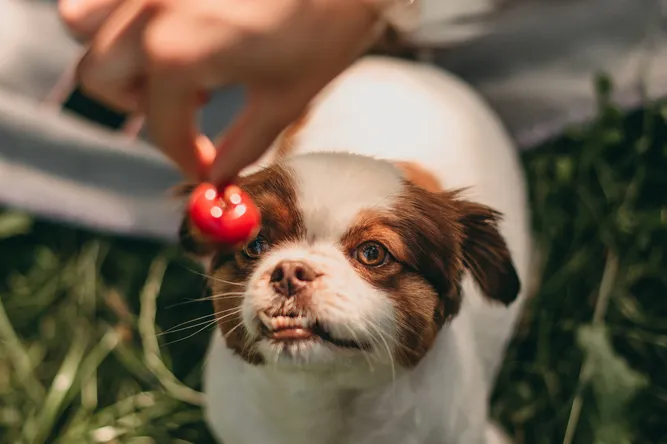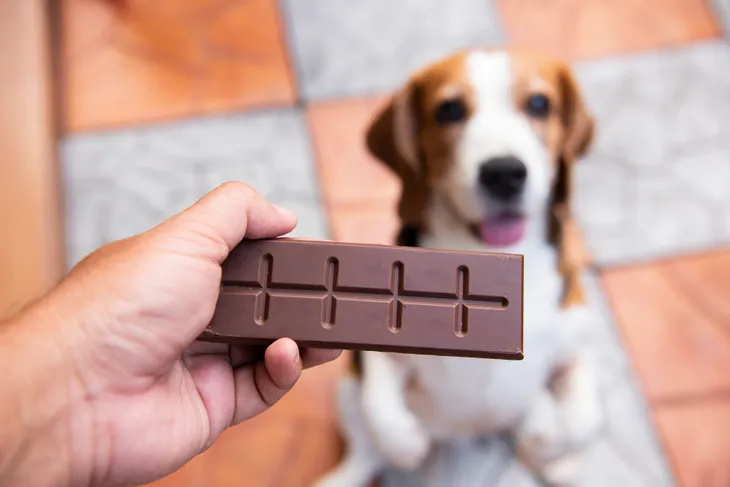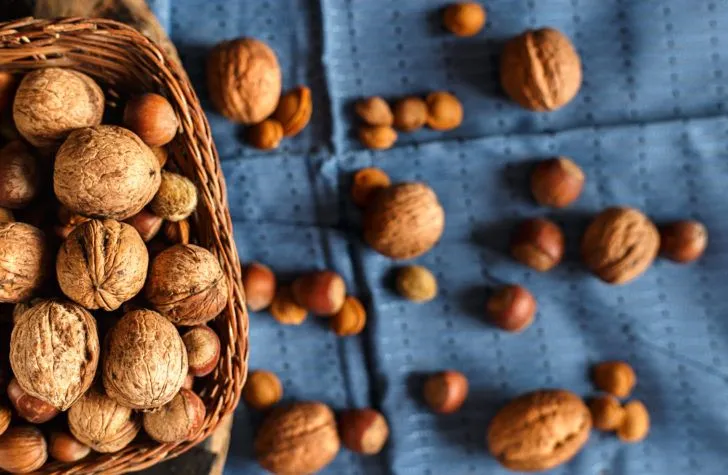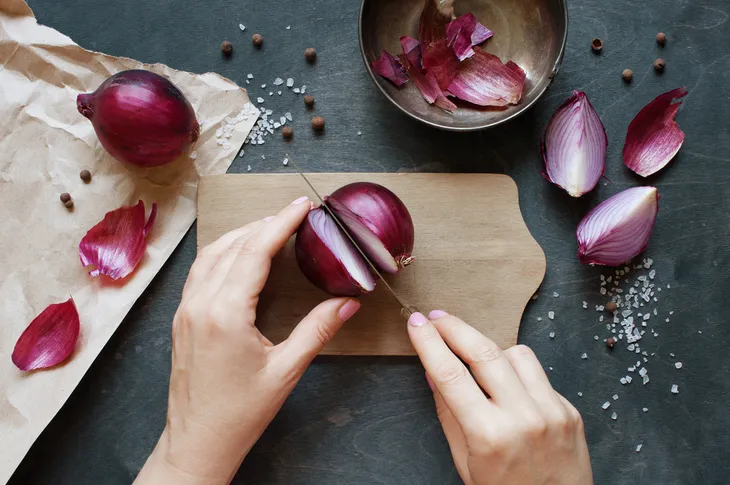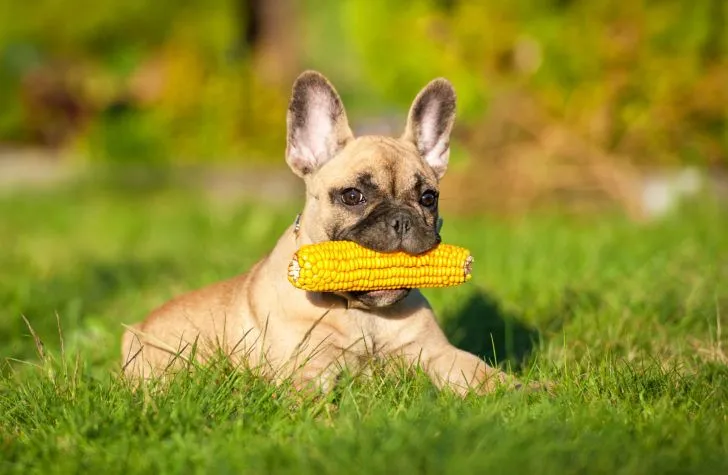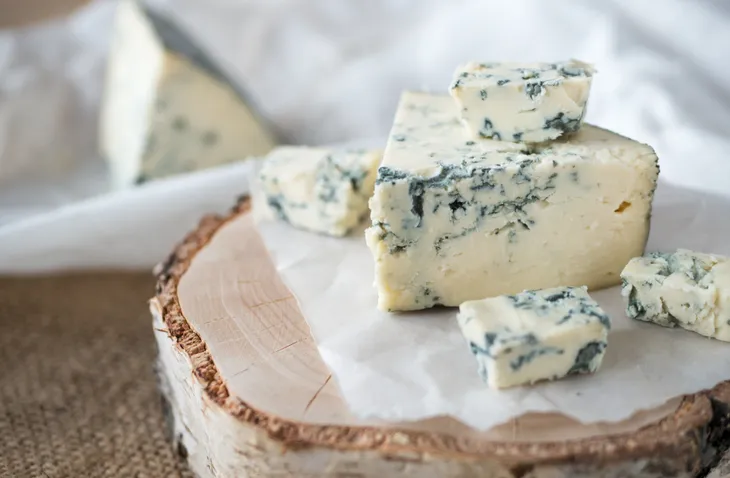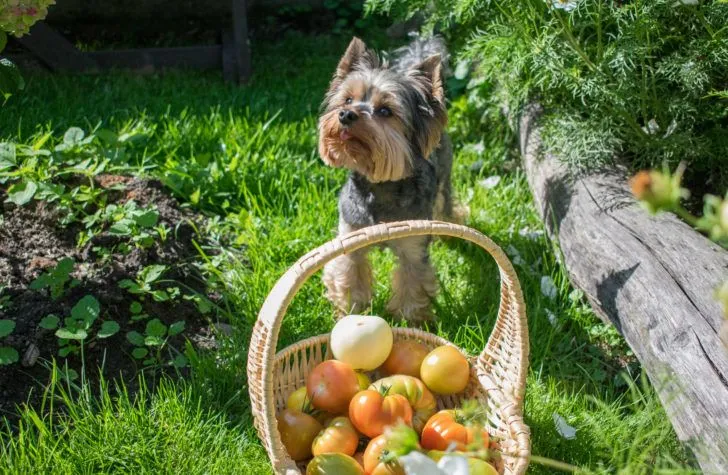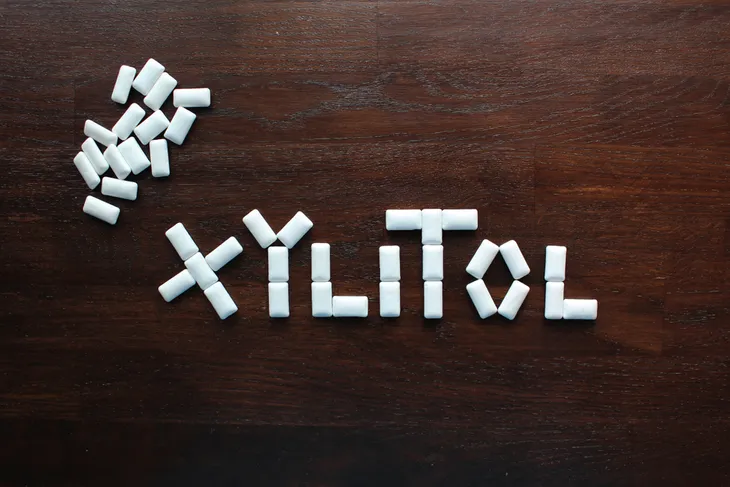Who can resist those big adorable puppy eyes staring up at you, asking for a treat? It’s a common occurrence in most homes with pets that we sneak them a little bit of our food just to make them happy, or…they help themselves from the table, the garbage bin, or off the floor. The scary part is, sometimes we’re feeding them something harmful, without even realizing. Just this week, I experienced this first hand with a horrific incident with my own dog when she ingested food she should have. It ended up being a rushed trip to the veterinary emergency, two days in the hospital and thankfully a happy ending in which we got to bring her home. What I’ve learned from this, is that while the food we eat may be safe for us, they can be horrifically poisonous for a dog. You’re not just looking at a sick tummy, sometimes you’re looking at the loss of a pet succumbing to food-induced illness. So now I write quite passionately on the subject, in hopes that the more awareness made about these unsafe foods for pets, can lead to more happy families preventing such nightmarish accidents. While we may be tempted by those puppy-dog eyes to be sharing our table scraps with, we must be aware of what could be doing damage without even knowing! Please feel free to share this article with your doggy-loving friends too. You never know, you may just be saving a tail-wagging life.
15. Avocados
Pretty much a common staple in most households, it’s kind of a shock to think of a mild buttery avocado being toxic to your furry friend.
However, avocados contain a substance called persin. When dogs eat avocado, it can trigger vomiting and diarrhea. Not to mention the massive pit at the core of avocados, a deadly choking hazard for your pet.
14. Coffee
It’s not uncommon that your dog will hop its front legs onto the coffee table and take a few laps of your morning coffee. While this is toxic to them, it’s likely not enough to do any major damage.
However, if your dog happens to intake large portions of caffeine, depending on the intake and their body weight, it can cause death. Another deadly source of caffeine is some varieties of diet pills. If your dog happens to find and eat a couple of them, they can also lead to a very serious medical emergency.
13. Apple Cores
If you have kids in the house, you know first hand how common apple cores can be left out and if an eager pup is looking for a snack and happens to grab one, you might be in trouble.
You see, the seeds of the apple are quite toxic for dogs as they contain cyanide. While one incident may not be an issue, over time and repeated intake of the apple seeds can lead to more serious medical issues in your pet.
12. Raw Potatoes
Potatoes are a nightshade vegetable and contain something called solanine which is toxic to dogs. So when you’re peeling and chopping potatoes at the counter, resist tossing a piece to the dog that is likely at your feet, staring up at you with anticipation.
There’s a loophole to potatoes though, and that’s cooking them! In the process of being boiled or roasted, the heat diminishes most of the solanine in the potatoes, making them an ok option (but still try and avoid them being fed to your floor-dwelling buddy).
11. Grapes and Raisins
This one is a little more commonly known, but it’s important because the fact is – dogs LOVE them. While it’s not entirely known why grapes and raisins are so toxic to dogs, what we do know is that they are SO toxic that the results of eating them can be fatal.
Grapes and raisins are also a highly popular with kids. What are kids known for doing? Feeding the dog. This is a great opportunity to chat with your kids, and let them know that these foods are really dangerous for their beloved pet. Additionally, watch for diaper bags and purses that may be storing packs of raisins for snacks on the go before your pup goes rooting for them.
10. Pitted Fruits
Pitted fruits are a wide variety of peaches to avocados, grapes, and cherries. While some of these are toxic to dogs, that’s not exactly where the concern lies.
The pits themselves can create havoc in a dog’s digestive system. Problem with that is, you often won’t know that there’s an issue until it’s further down the line, so to speak. Dogs can’t complain when they have a tummy ache, and before you know it, you may be rushing your pooch to the emergency with a blockage, that can lead to surgery and expensive vet bills.
9. Chocolate
Perhaps again a more well-known food item toxic to dogs, it’s still worth a reminder, because this one is a doozy. Small amounts of chocolate shouldn’t be a cause for panic, but will still likely cause your dog an upset stomach.
With larger amounts, the theobromine in chocolate can lead to tremors, seizures, internal bleeding and even heart attack. If your dog has gotten into some chocolate, watch for severe hyperactivity which can be the first sign of theobromine poisoning. An alternative to chocolate that’s safe for dogs if you’re looking to make them a homemade treat, is carob!
8. Walnuts, Pecans, Almonds, Macadamia and Pistachio Nuts
Having a nut on this list is relatively surprising seeing as we all know dogs and peanut butter go together like nothing else, so why would some nuts be ok and other’s not?
Well, the answer isn’t entirely known. What is known is that these nuts, perhaps because of fat content when consumed by dogs cause quite a disruption to their digestion, causing vomiting, diarrhea, and depression. How sad.
7. Alcohol
Rule of thumb that most know, but in case it bears repeating – maybe don’t feed your dogs alcohol. Dogs don’t have the liver capacity to properly filter alcohol, making it have a poisonous effect very quickly.
While dogs are especially fond of beer and it may be humorous to give them a sip, be careful because the results could be deadly if they get too much. Additionally, alcoholic drinks are often left sitting on coffee tables, far too close for a reach of eager pooches. Something to be mindful of at your next event.
6. Garlic and Onions
There are an entire species of plants called Allium, and Allium plants can have a damaging impact on your dog’s red blood cells. Over time, this could lead to anemia in your beloved pet.
Small amounts of garlic and onion are often found in pet foods, and that’s still ok. However, if your dog gets a hold of more than just a tiny flavorful dose, you might be in trouble. Even if you’re chopping through tear-filled eyes, be careful to keep the chopped bits from the floors.
5. Corn On The Cob
How many barbecues have you attended where people toss their corn cobs to the dogs to chew on for a while? It’s not an uncommon sight.
It is, however, incredibly dangerous. Corn cobs can cause an intestinal obstruction to your dog that can be fatal. If you’ve noticed that your dog is acting lethargic, vomiting, heaving or otherwise and you suspect they may have ingested a corn cob, contact your vet right away.
4. Blue Cheese
Dogs love cheese! In pet stores, you’ll find cheese worked into bones, treats, and food. So why is blue cheese on this list? This may be a case of extremism, and if your dog got a hold of some, you’re likely in the clear. It’s just that it’s not always safe, and it’s better to be safe than sorry.
Blue cheese when over-ripened can produce something called roquefortine, which is toxic to dogs. So toxic, it can lead to death. If you’re unsure whether the cheese was toxic or not, simply monitor your dog for any adverse reactions and be ready to bring them to the vet if needed.
3. Yeast Dough
Sometimes when you’re baking you may be guilty of tossing down little bits of dough to the dog to enjoy. Or perhaps, you had some leftover and threw it out into an open waste container.
Beware, yeast dough is very dangerous for dogs. Why? Simply because as the yeast expands in the heat, it will do so in your dog’s stomach which can create bloat and potentially an intestinal twist, causing a life-threatening injury.
2. Tomatoes
Just like potatoes, tomatoes are a nightshade fruit guilty of producing a toxic-to-dogs element called solanine. This is particularly present in green, unripened tomatoes and should be kept from pets.
Tomatoes are an especial risk since so many of us grow them in our gardens! Dogs are outside, and get into anything and everything and may even take a liking to your garden’s bounty. If possible, try and keep a barrier between your tomato garden and your pet.
1. Chewing Gum and Xylitol Sweetener
So no, you’re not likely going to toss a pack of gum to your pooch for some breath freshening. That said, gum is often found in purses where dogs dig their noses and left out on tables and places for easy grabbing. If dogs can get into it, they likely will.
That’s exactly what happened in our home when my dog grabbed a pack of gum (sweetened with xylitol) and ate the entire bag. We came home to a nearly comatose pup who spent the next two days in the hospital recovering from her crash in blood sugar and treated for potential liver failure. After this experience, I met several others who had the same terrifying ordeal, and sadly…not all had the happy ending we did. Keep purses up high, and gum out of reach, trust me. If your dog loves peanut butter, read the labels before sharing – xylitol is a sweetener used in many nut butters as well!
Final Thoughts
We know that being in a home with a dog that can’t quite communicate well, can be a guessing game at times. Family members, especially children, may not be aware of the risks of leaving unknowingly dangerous foods out or even directly feeding them to their begging family dog.
So, to help prevent a health scare (or worse) in your home, we’re providing a FREE INFOGRAPHIC DOWNLOAD for you to print out, stick on the fridge, frame or even just share with your friends. These gentle tips reminders could save your beloved pet’s life.
